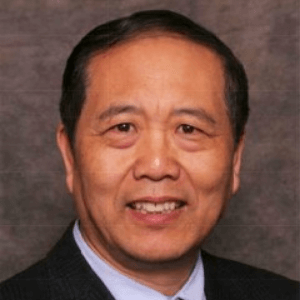Title : Selective denervation for persistent knee pain after total knee arthroplasty: Long-term outcomes
Abstract:
Despite the overall success of total knee arthroplasty (TKA), up to 20% of patients report dissatisfaction, often due to persistent pain. One potential cause is neuroma formation in the sensory nerve branches of the knee. We found that up to 9.7% of primary TKA patients and 21% of revision cases experienced persistent knee pain attributable to neuromas. This study retrospectively evaluates the long-term outcomes of selective denervation as a treatment for post-TKA neuroma-related pain.
Between 2011 and 2024, we performed 295 selective denervation procedures. This study followed 50 patients with persistent neuroma pain unresponsive to conservative treatment. Diagnosis was confirmed by identifying a trigger point with a positive Tinel’s sign and at least 50% pain relief following local anesthetic nerve blocks. The cohort included 37 women and 13 men, with a mean age of 63 years (range: 30-83). Prior to surgery, all patients underwent desensitization with sequential nerve blocks, anesthetic patches, and oral medications (gabapentin or pregabalin). Those with persistent symptoms underwent denervation with multiple neurectomies.
At an average follow-up of 24 months (range: 16-38 months), outcomes were assessed using the visual analog scale (VAS) for pain and the Knee Society Score (KSS). Of the 50 patients, 32 (64%) reported excellent results, 10 (20%) good, 3 (6%) fair, and 2 (4%) no improvement. The mean VAS score improved significantly from 9.4 ± 0.8 to 1.1 ± 1.6 (P ≤ 0.001), and the mean KSS increased from 45.5 ± 14.3 to 94.1 ± 8.6 (P ≤ 0.0001). Three patients (6%) required a second neurectomy due to recurrent pain and subsequently achieved excellent relief. Two cases of superficial peri-incisional hyperemia resolved with wound care; no deep infections occurred.
Post-TKA neuroma pain is an under-recognized source of discomfort and disability. Our findings suggest that selective denervation provides effective and durable pain relief, making it a viable long-term solution for patients with persistent post-surgical pain.




